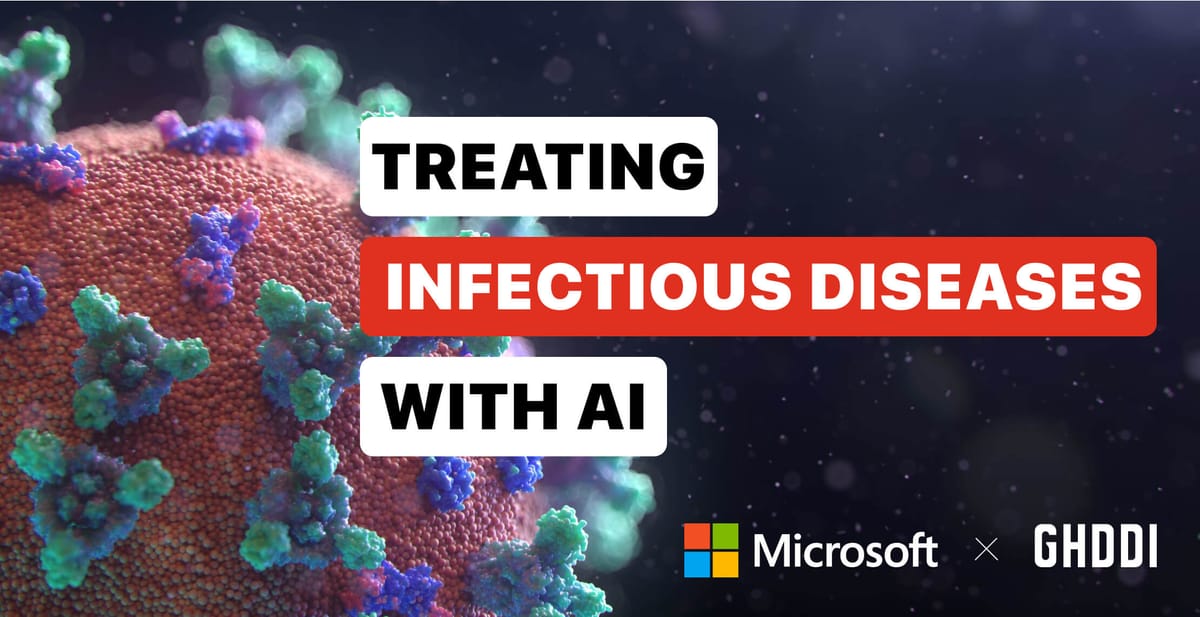
In a breakthrough that shows the immense potential of AI to enhance global health, Microsoft Research and the Global Health Drug Discovery Institute (GHDDI) have shared significant progress they have made in discovering new drugs to treat infectious diseases.
The teams used generative AI and foundation models to design several promising small molecule inhibitors. These compounds showed exceptional ability to inhibit essential target proteins of Mycobacterium tuberculosis and coronaviruses in lab tests. Impressively, the molecules' bioactivities equaled or exceeded those of the best previously known lead compounds.
Normally, discovering and confirming such bioactive compounds takes years. However, by harnessing AI's accelerative power paired with expertise, the collaborative group designed and validated these inhibitory molecules in just five months.
"Innovation stands as the central catalyst for scientific advancement and a crucial element in addressing global health challenges," said Dr. Sheng Ding, GHDDI's institute director. "I'm excited about our collaboration with Microsoft Research and gratified with the progress we've jointly achieved."
This type of research exemplifies AI's potential for expediting development of medicines targeting infectious diseases that continue taking a massive human toll globally.
Tuberculosis (TB), for instance, remains the deadliest infectious disease after COVID-19. And while vaccines have reduced COVID-19's severity, the mutating coronavirus remains a formidable threat. This study's focus on these two pathogens demonstrates how AI could unlock new treatments to combat urgent health crises.
By generating compounds with novel molecular scaffolds, the research also counters rising antimicrobial resistance—a major obstacle thwarting effective infectious disease treatment currently.
This breakthrough stems from a tight integration of Microsoft Research's specialized protein and molecule AI models with GHDDI's data scientists and medicinal chemistry experts.
Through iterative human-AI feedback loops, the generated compounds got optimized, synthesized, and tested to quantify their real-world bioactivities. The experimental results then further improved the AI system's performance.
"Successful AI-driven drug discovery necessitates a tight-knit collaboration between AI specialists and medicinal experts," said Dr. Tie-Yan Liu, a distinguished scientist at Microsoft Research.
While highlighting AI's vast promise for global health, this research also underscores the formidable real-world progress achievable through human-AI collaboration. This may profoundly redefine healthcare research and transform how we invent new medicines.
"We are highly optimistic about the potential of this collaboration and are confident that it will have a substantial impact on the future of the healthcare field," said Dr. Jinjiang Guo, GHDDI's head of Data Science.

